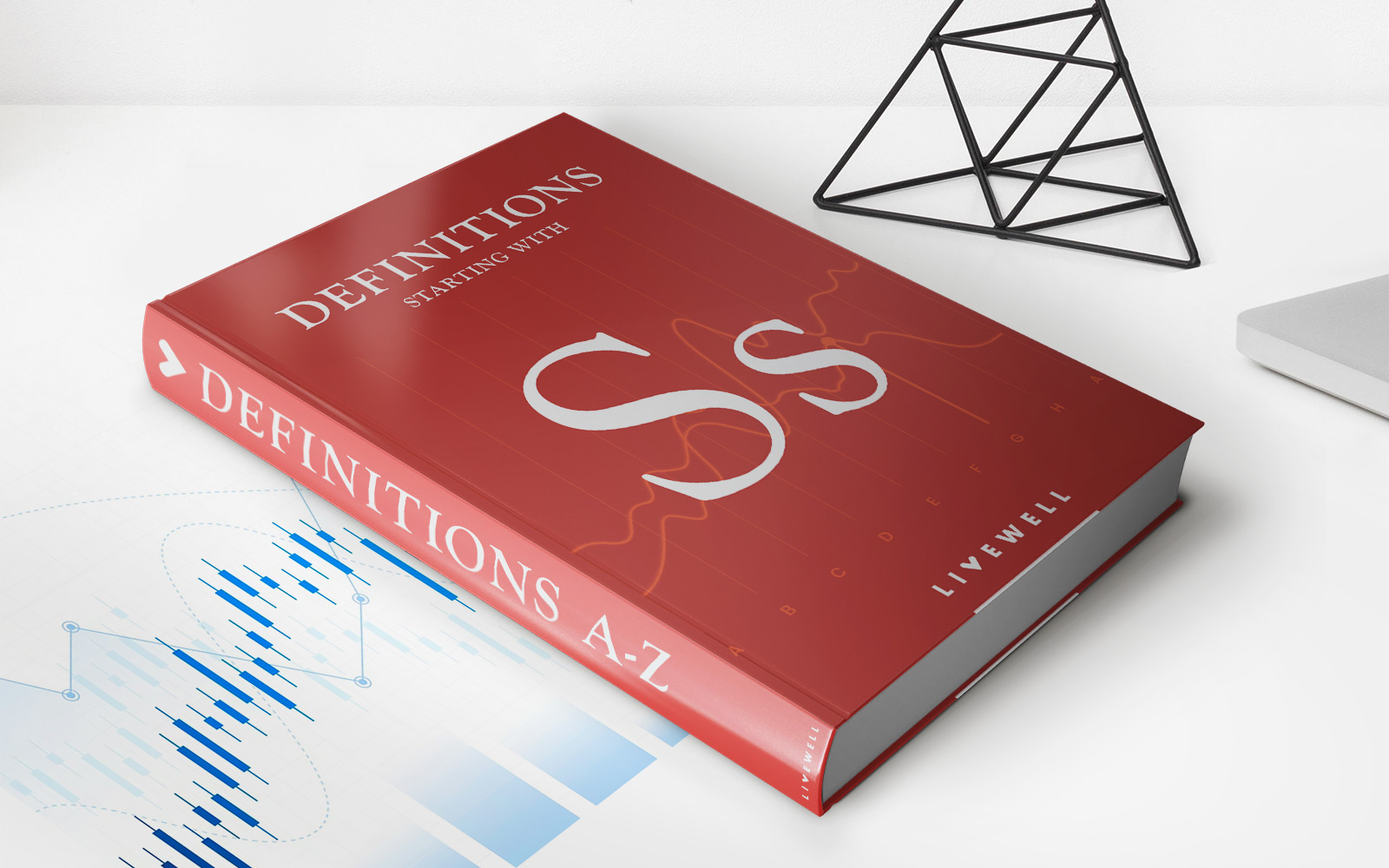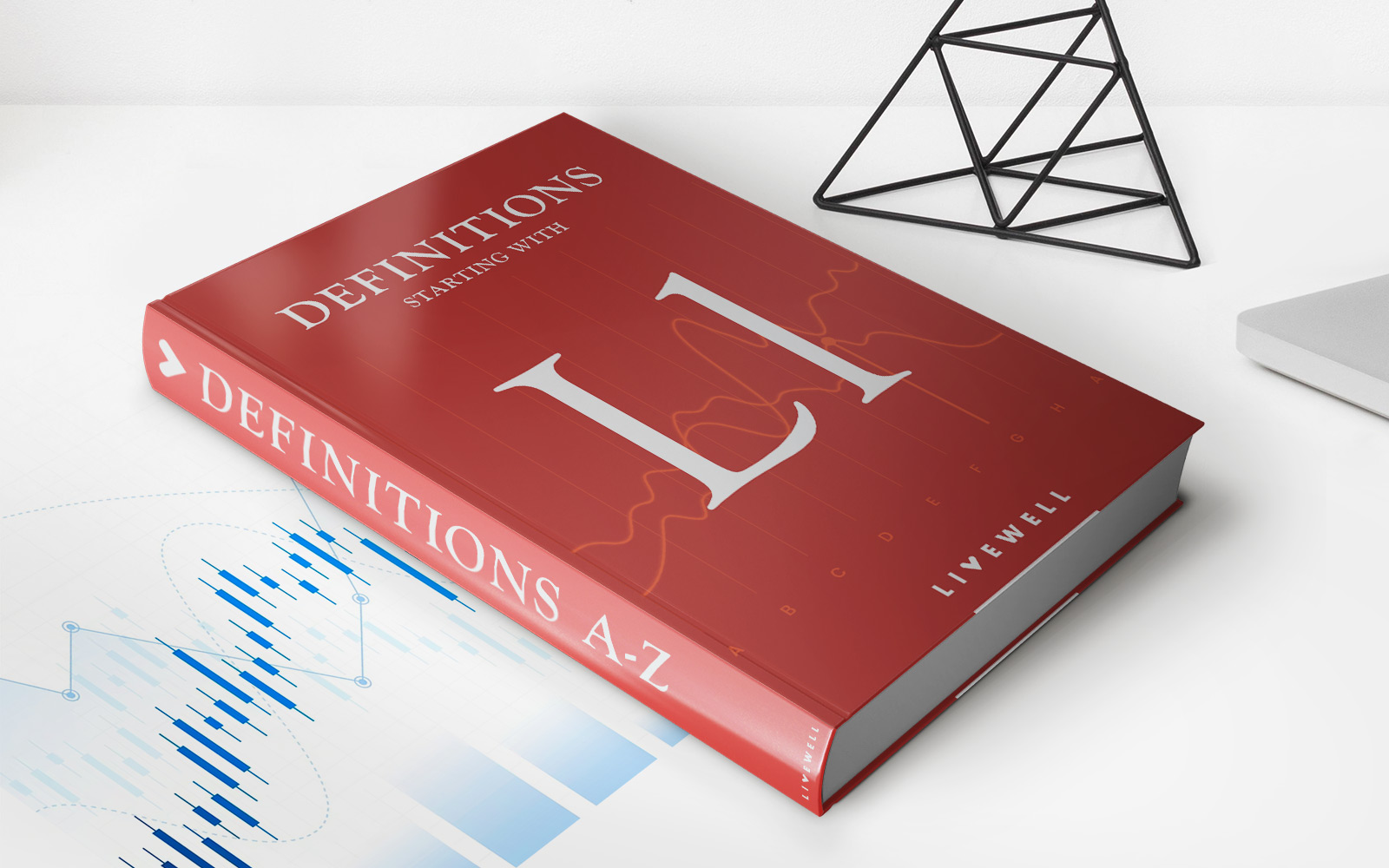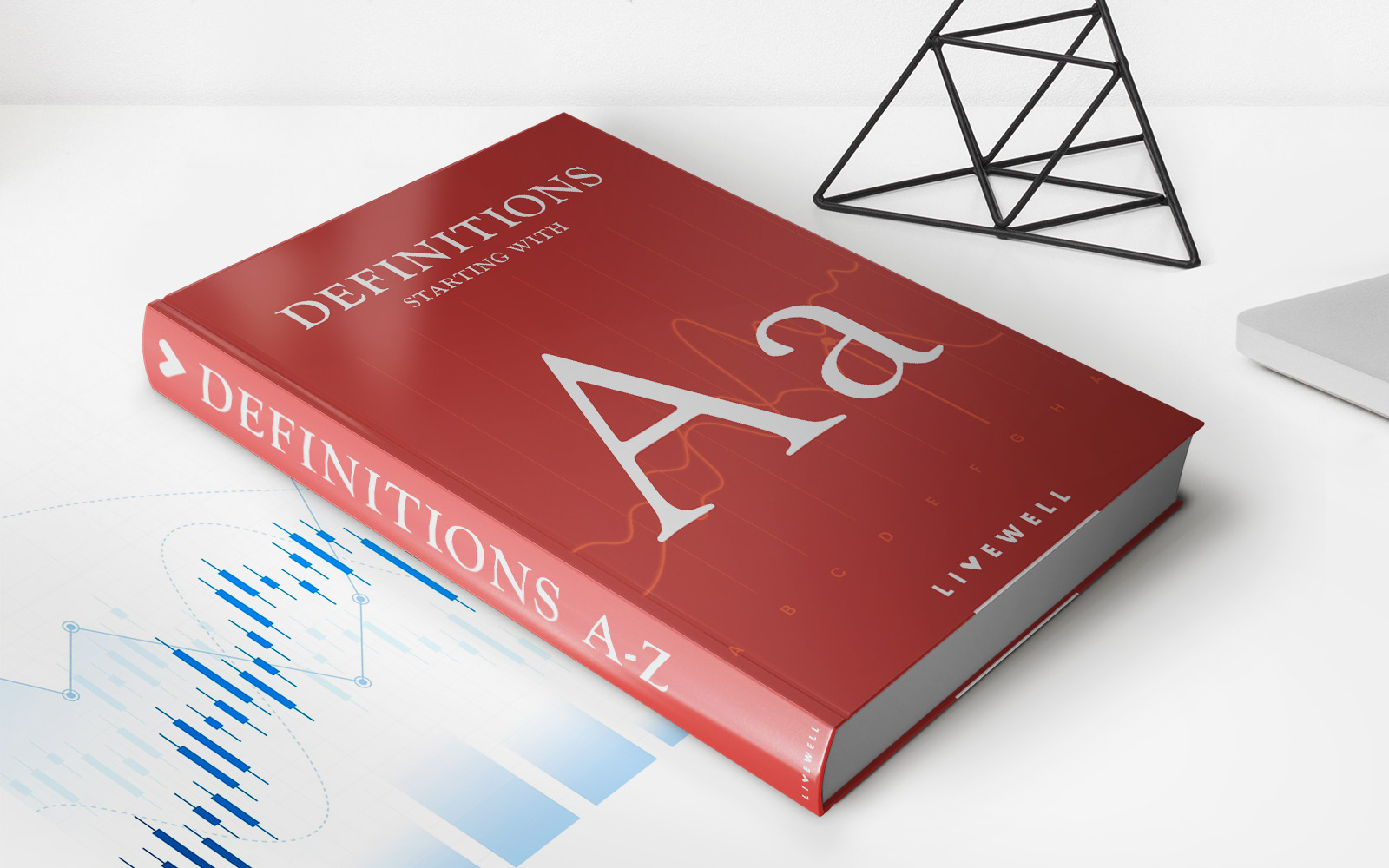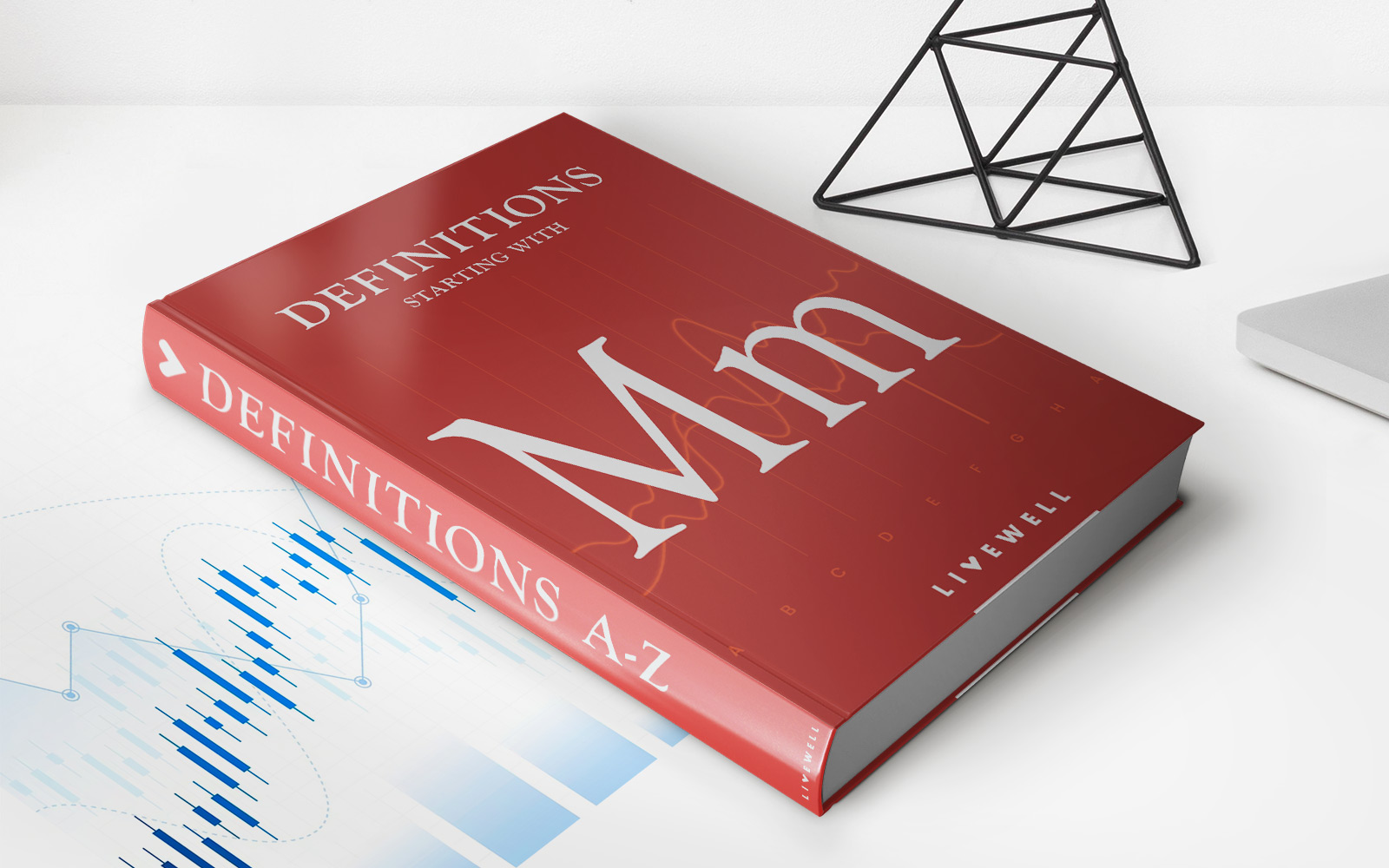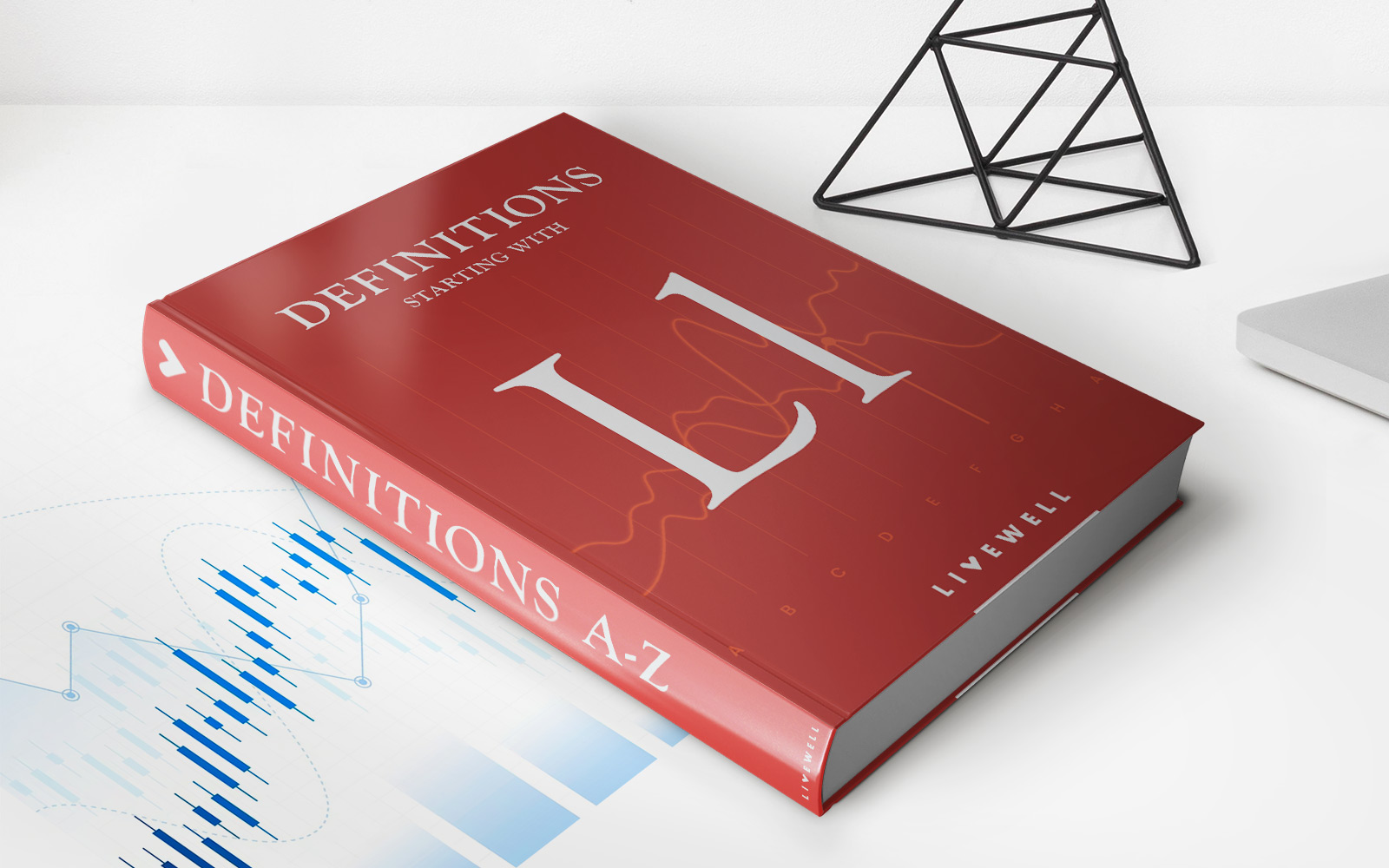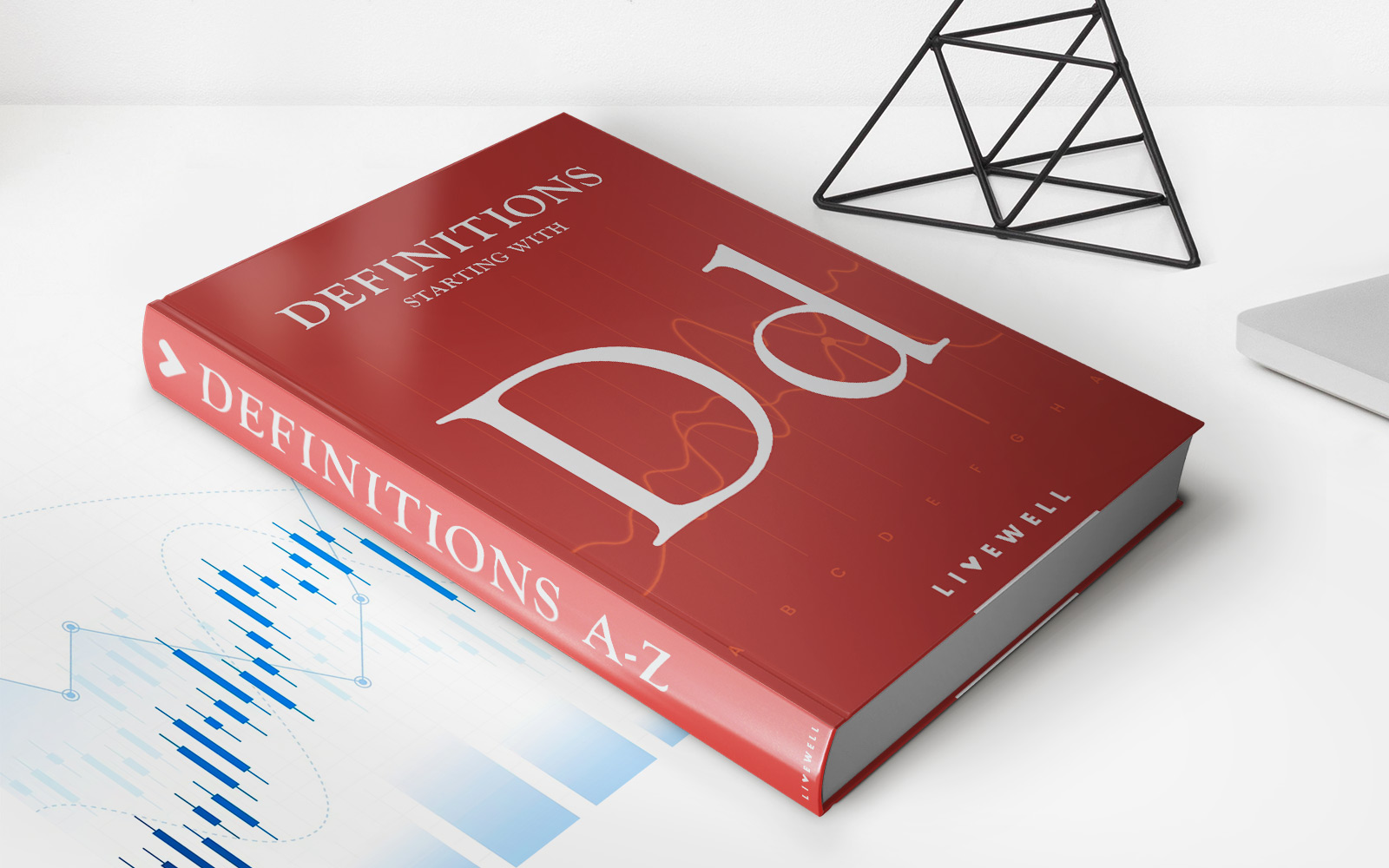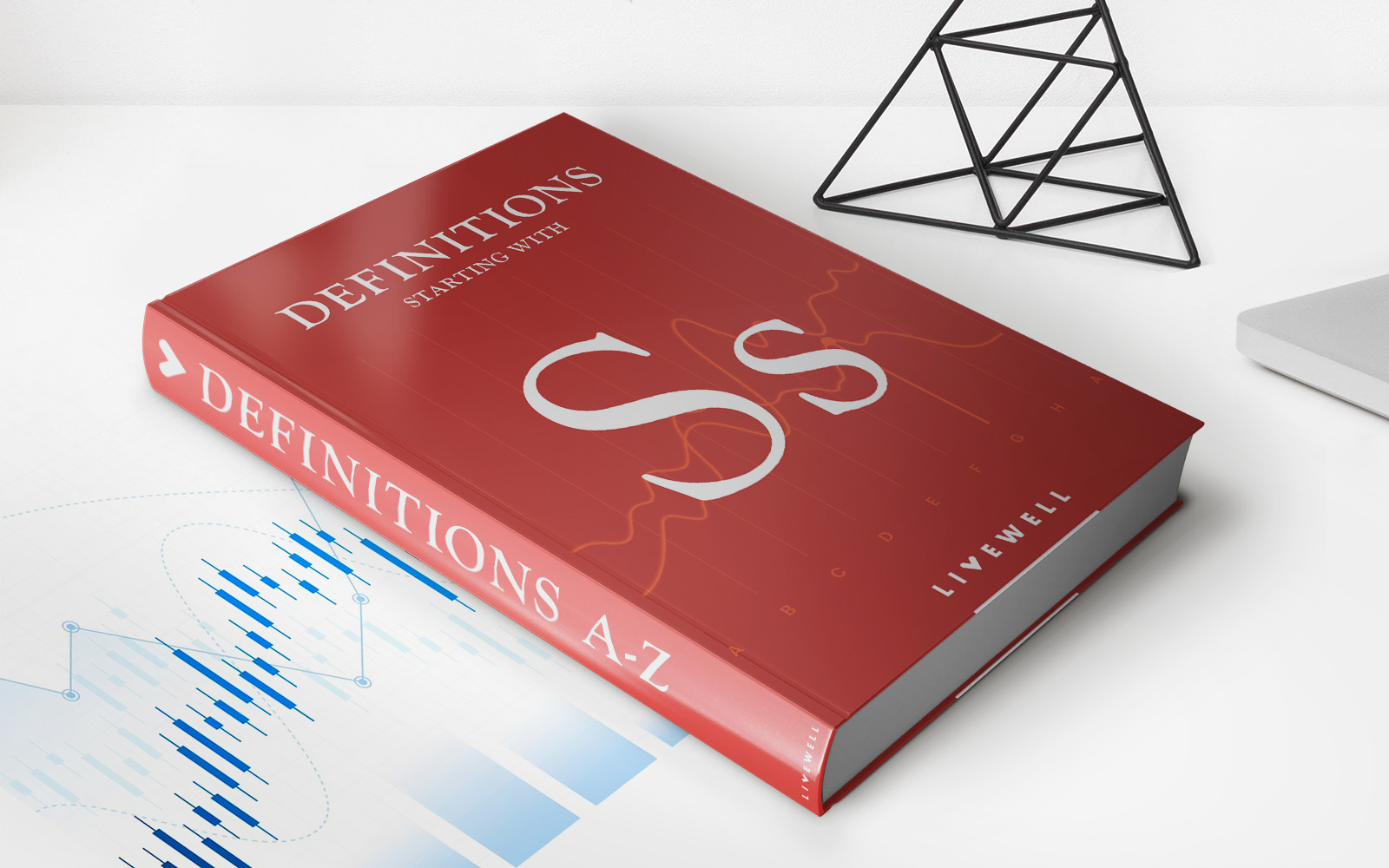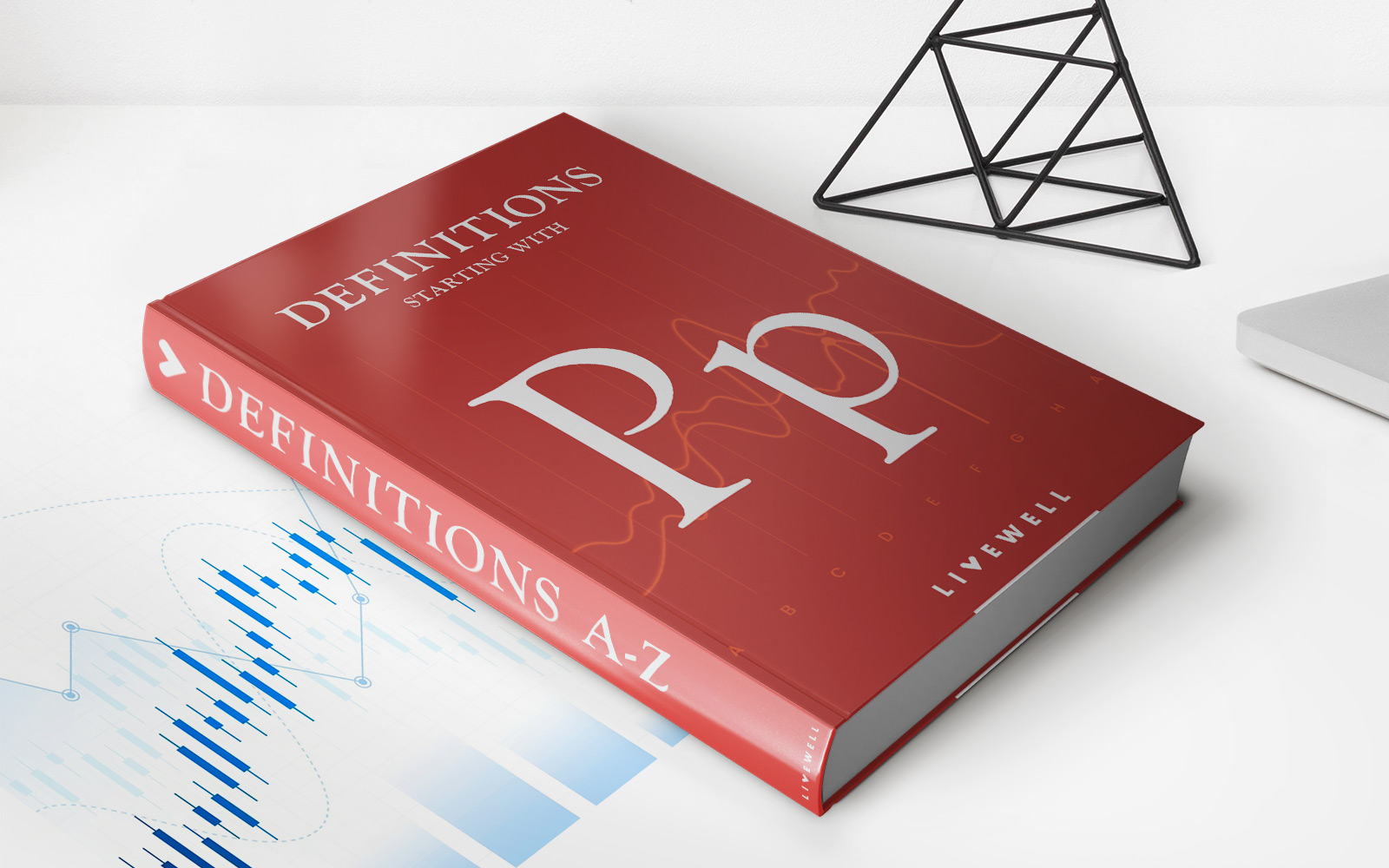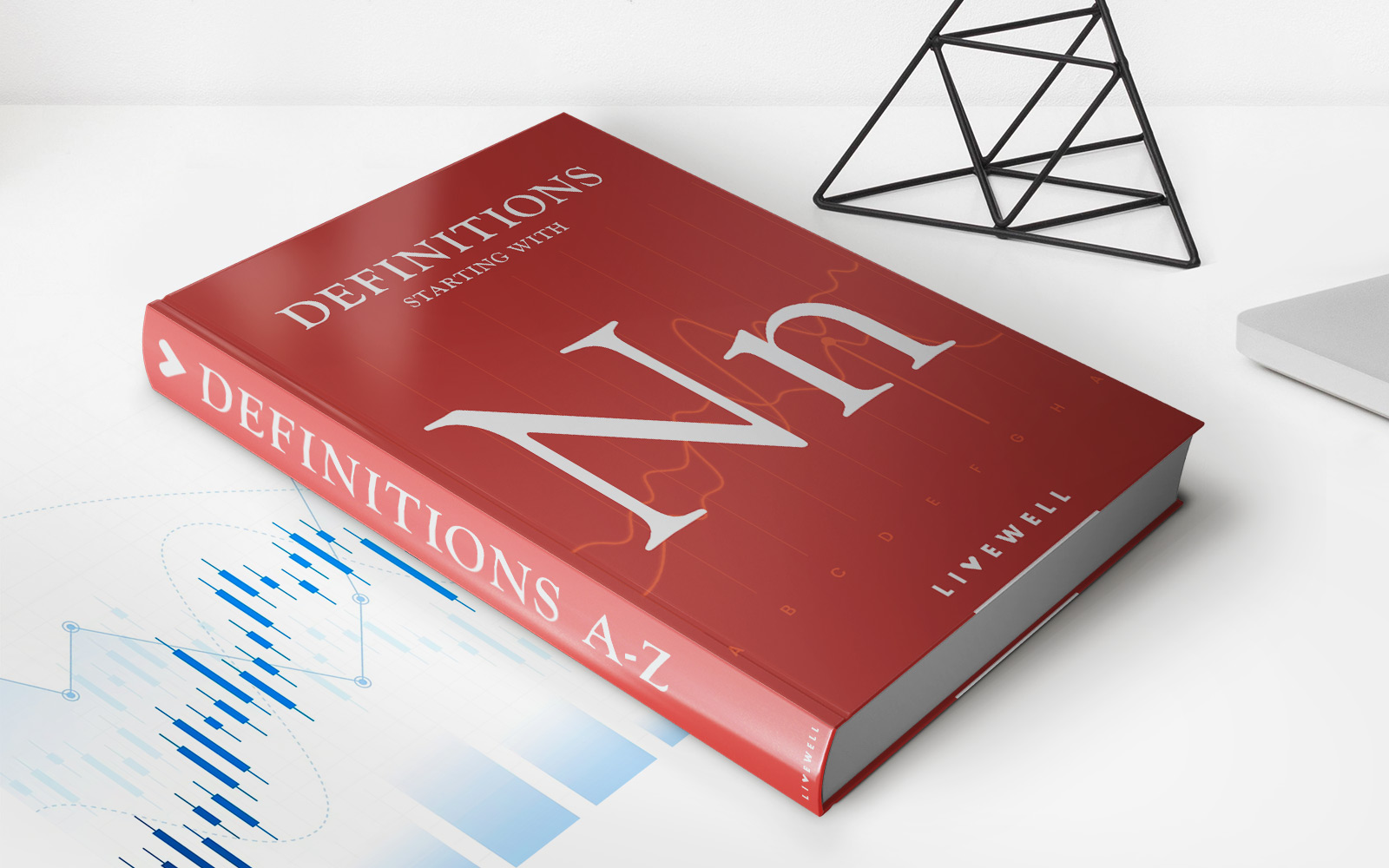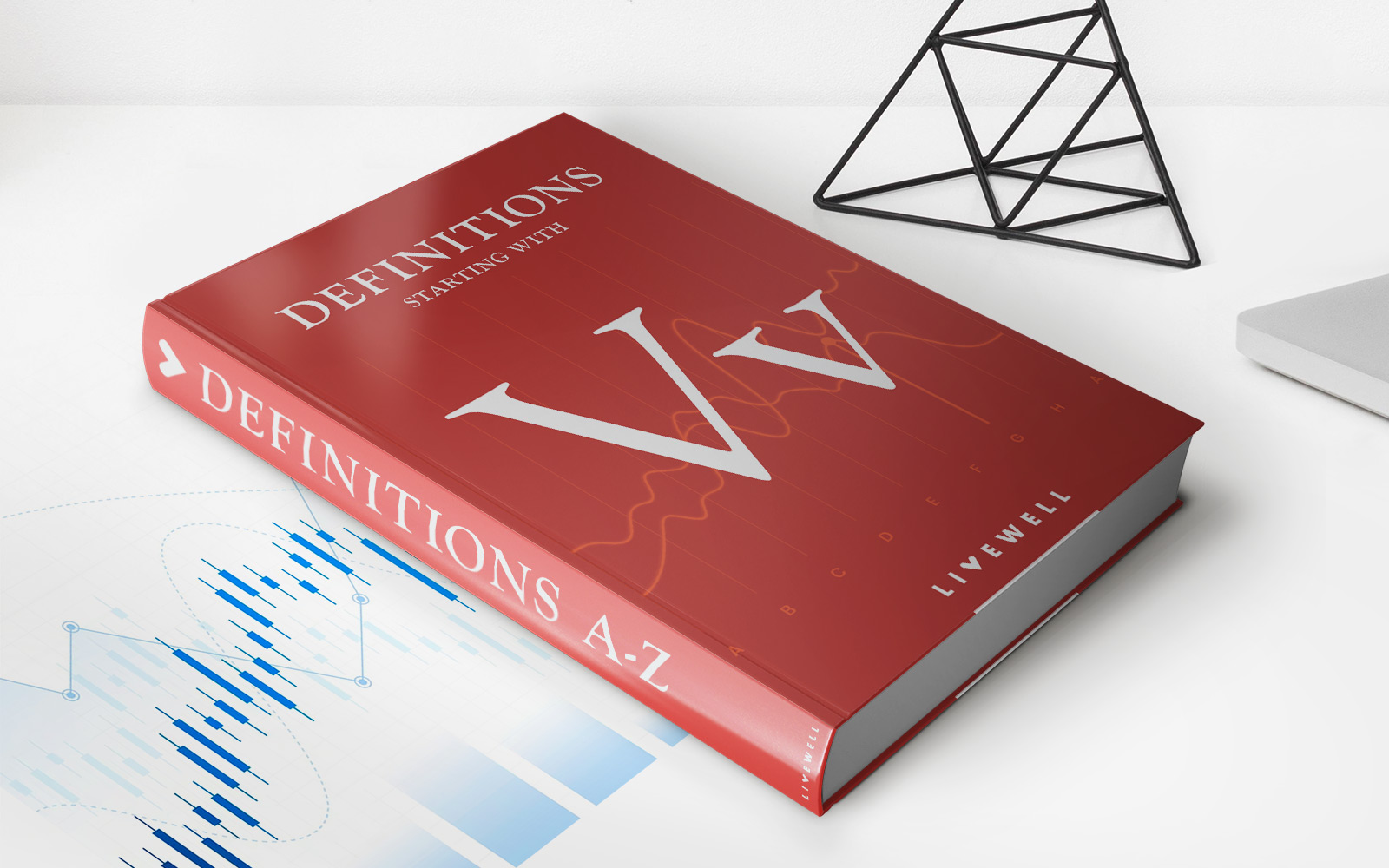Home>Finance>Confidentiality Agreement: Definition, Purpose, And Elements


Finance
Confidentiality Agreement: Definition, Purpose, And Elements
Published: October 31, 2023
Learn about the importance of confidentiality agreements in finance, including their definition, purpose, and key elements, to protect sensitive information.
(Many of the links in this article redirect to a specific reviewed product. Your purchase of these products through affiliate links helps to generate commission for LiveWell, at no extra cost. Learn more)
Confidentiality Agreement: Definition, Purpose, and Elements
Welcome to our Finance blog! Today, we will delve into an important topic that is often overlooked by individuals and businesses alike – Confidentiality Agreements. Whether you are a startup seeking to protect sensitive information or an individual looking to safeguard your personal data, understanding the concept and elements of a confidentiality agreement is crucial. In this blog post, we will provide a comprehensive overview of confidentiality agreements, their purpose, and the key elements they typically include.
Key Takeaways:
- Confidentiality agreements, also known as non-disclosure agreements (NDAs), are legal contracts that protect sensitive information from being disclosed to unauthorized parties.
- There are two common types of confidentiality agreements: unilateral agreements (one party) and bilateral agreements (two parties).
What is a Confidentiality Agreement?
In today’s interconnected world, the ability to protect sensitive information has become increasingly important. A confidentiality agreement, also referred to as a non-disclosure agreement (NDA), is a legal contract that serves to safeguard sensitive information and prevent its unauthorized disclosure. This agreement outlines the terms and conditions under which the individuals or parties involved agree to keep the information confidential.
Confidentiality agreements are commonly used in various scenarios, such as:
- Business partnerships and collaborations: When businesses collaborate or share proprietary information, a confidentiality agreement ensures that both parties respect the confidential nature of the information exchanged.
- Employee-employer relationships: Many companies, especially those dealing with trade secrets or proprietary data, require employees to sign confidentiality agreements to protect sensitive information.
- Startups and investors: Startups often rely on confidentiality agreements to protect their innovative ideas and prevent potential investors from disclosing or using their proprietary information without authorization.
Elements of a Confidentiality Agreement
A well-drafted confidentiality agreement includes several key elements to ensure its effectiveness and enforceability. These elements typically include:
- Definition of Confidential Information: The agreement should clearly define what constitutes confidential information. It may range from technical data and business strategies to customer information and financial records.
- Obligations of the Parties: The agreement outlines the obligations of both parties involved, such as the duty to keep information confidential, refrain from unauthorized disclosures, and use the information only for the agreed-upon purpose.
- Duration of Confidentiality: The agreement specifies the time period during which the information must remain confidential. This can be a set duration or continue indefinitely.
- Exceptions to Confidentiality: Certain circumstances may require the disclosure of confidential information, such as legal obligations or the need to defend oneself in a legal dispute. The agreement should outline these exceptions.
- Remedies for Breach: To protect the interests of the disclosing party, the agreement should specify the remedies available in the event of a breach, such as injunctive relief or monetary damages.
- Applicable Jurisdiction: The agreement should state the jurisdiction in which any disputes will be resolved, ensuring clarity and predictability in the event of legal proceedings.
It is crucial to seek legal advice when drafting or entering into confidentiality agreements to ensure that they are tailored to specific circumstances and compliant with applicable laws and regulations.
Conclusion
Confidentiality agreements are essential tools for businesses and individuals seeking to protect their sensitive information. Understanding the purpose and elements of these agreements is vital to ensure their effectiveness and enforceability. By clearly defining confidential information, outlining obligations, specifying the duration of confidentiality, and considering exceptions and remedies for breach, confidentiality agreements play a significant role in safeguarding valuable assets. Remember, seeking legal advice is always advisable when drafting or entering into any legal agreement to protect your interests.
